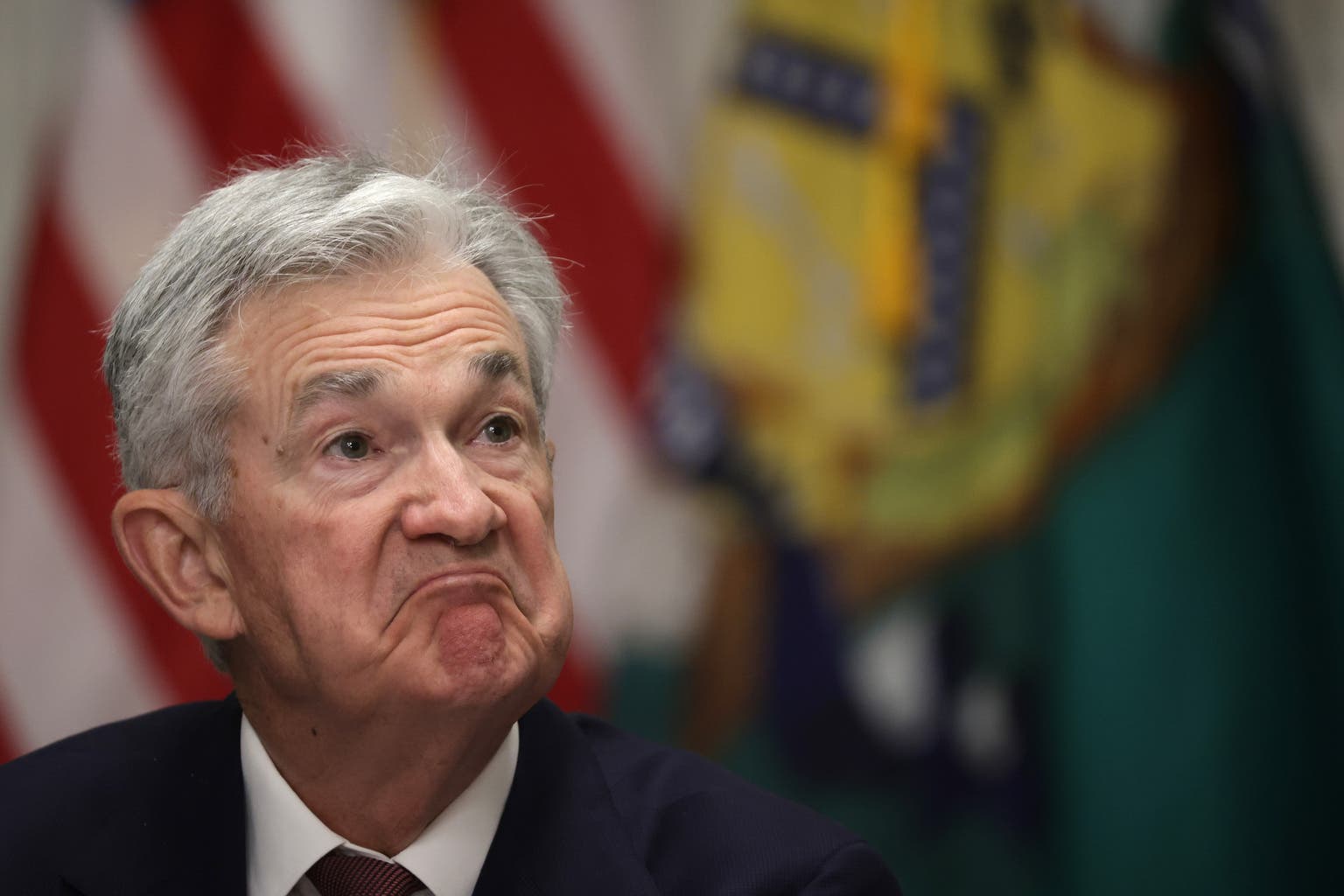As was evident in my previous posts in this series, Jeffrey Friedman thinks there are serious, systemic, possibly insurmountable problems with establishing an effective technocracy, whether it takes the form of a democratic technocracy or an epistocracy. While Friedman’s critique applies to anyone who might attempt to claim the mantle of technocrat or epistocrat, he focuses extra attention on a particular profession – economists. He believes economists are particularly guilty of the intellectual sins he highlights.
At the simplest level, economists are no more resistant to any other profession to the lures of ideological bias. Friedman reviews the debate among economists about the minimum wage that erupted after Card and Krueger’s famous paper suggested an increase in minimum wages could increase employment. Here I learned, to my surprise, that after making additional adjustments to their models in response to critics, Card and Kruger ultimately walked back their claim by a significant degree:
Still, after controlling for these objective heterogeneities and making other adjustments, Card and Krueger concluded that “the increase in New Jersey’s minimum wage probably had no effect on total employment in New Jersey’s fast-food industry, and possibly had a small positive effect.” In short, their original finds and conclusions were probably wrong, but might have been a little bit right.
Despite these rather tepid findings, however, economists began to shift their opinion in droves:
Seventy-eight percent of the empirical studies that appeared in the 13 years after the publication of Card and Krueger’s paper affirmed the orthodox view that minimum wages cause unemployment. Yet opposition to raising the minimum wage dropped from 90 percent among surveyed economists in 1978 to 46 percent in 2000, and by 2005 – five years after Card and Krueger acknowledged, in the pages of the American Economic Review, that they could no longer sustain their original claims – some 52 percent of surveyed economists favored raising the minimum wage or keeping it the same.
Why such a strong reaction on such weak evidentiary grounds? Friedman thinks the economist David Colander suggests an answer:
According to Colander, liberal economists such as himself, who constituted a clear majority in the discipline, had, in general, been “extremely hesitant to apply economic analysis to real-world situations because it often comes to results that don’t fit their moral view of how things should be.” If Colander was right, then when the Card and Krueger study opened the door to doubts about the minimum-wage orthodoxy, liberal political predispositions may have pushed those doubts farther than what the evidence would appear to have justified.
But this tendency to indulge in political bias doesn’t get at the core of Friedman’s criticism of economists. He believes that economists, more than any other profession, see themselves as uniquely qualified to serve as epistocrats, because economists are uniquely bad at committing the intellectual errors of technocracy he has criticized throughout the book.
A core tenet among economists is that incentives matter – people respond to the incentives they face and changing people’s incentives changes their behavior. Thus, an economist with technocratic aspirations would seem to hold the perfect tool to carry out technocratic policies – manipulation of incentives. The more strongly an economist believes they can use policy to alter incentives in a way that will yield predictable results, Friedman says, “the more one’s economics will seem suited to the predictive task of epistocracy; but the less suited it will be to judiciously determining the limits of epistocratic knowledge. This is because incentives alone cannot actually produce behavioral predictions or, therefore, policy advice.”
Why can’t behavior be predicted from incentives? First, because “an incentive is powerless to affect behavior if it is not first perceived as an incentive by the agents whose behavior it is supposed to affect. Second, knowing that the perceived incentive will affect these agents’ behavior is useless—for predictive purposes—if the economist does not also know exactly how it will affect it. But this requires knowing exactly how agents will interpret their situations in light of the perceived incentive. Only if they interpret their situations the way the economist does will the incentive ‘matter’ in a way the economist will be able to predict.”
By assuming away the problems of ideational heterogeneity and unknowable subjective interpretations, “economists turn the incentives-matter intuition into the basis for a technocratic policy science that can, they believe, reliably predict the behavior of agents about whom the science knows nothing—except the incentives the agents will objectively face if a given policy is enacted.”
As is his wont, Friedman gives a detailed description of how this approach can go wrong:
Suppose the economist envisions a policy that will create incentive I, which would, the economist believes, make action A1 optimal for agents (about whose idiosyncratic ideas she knows nothing) who find themselves in situation S1. By enacting the policy, the economist predicts, the higher incidence of A1 will solve, prevent, or mitigate an economic problem. But if some of the agents in S1 were to interpret A2 or A3 or A4 as the optimal action, and if no homogenizing norm counteracted this conclusion by dictating A1 (in the agents’ judgment), the economist’s prediction about these agents’ behavior would be rendered inaccurate. This is possible insofar as the agents are ignorant or fallible. Ignorant or fallible agents might misconstrue the objective situation: they might think that S1 is actually S2 or S3 or S4. Or they might misinterpret which action is optimal when S1 is conjoined with I. Furthermore, if agents interpret their situation correctly but the economist does not, or if agents are right to deem A2 or some other action optimal when the economist does not, the economist’s behavioral predictions will once again be inaccurate.
Therefore, what “a technocrat needs if she is to make reliably accurate behavioral predictions is not the ability to infer optimal actions from future agents’ objective circumstances, but the ability to predict future agents’ subjective interpretations of how to behave under future circumstances as the agents themselves will perceive and interpret them.” However, “the economist cannot read minds. How, then, can she know how anonymous agents who may not even have appeared on the scene will perceive and interpret their situations? The only way she can know this, or believe that she knows it, is by tacitly assuming that the truth about the agents’ situations will be self-evident to them, requiring neither fallible perception nor fallible interpretation.”
Friedman is unimpressed with the supposedly more sophisticated branch of “behavioral economics.” In his view, this field of study is just as guilty as mainstream economics as overlooking subjective interpretation and ideational heterogeneity and is no better equipped to serve technocratic goals. Behavioral economists claim to identify ways in which peoples’ behavior deviates from what a neoclassical economist might predict. But as Friedman notes, “these deviations, as canonized in the ever-growing list of irrational ‘heuristics and biases,’ are supposed to be shared by everyone, at least in the aggregate—such that they can ground ex ante behavioral predictions.”
Behavioral economists, like all epistocrats, think they can manipulate behavior to produce predictable results because “behavioral economists attribute predictability to [agents] by assuming that their mistakes, established a posteriori through laboratory experimentation, reflect homogeneous cognitive defects rather than unpredictably idiosyncratic ignorance, or the unpredictably fallible interpretations of either the agents or the psychologists studying them.” As a result, “while behavioral economics offers the superficial promise of epistemic realism, the actuality so constrains the realism as not to disturb the technocratic faith the predictability of human behavior.”
Friedman does not charge all economists with being guilty of these intellectual mistakes. Indeed, throughout his criticism of the profession, he bolsters his case by quoting similar observations from economists like Deirdre McCloskey. But the presence of sensible economists is no salve for technocracy – “Economists who recognized this type of unpredictability would thereby select themselves out of the pool of potential epistocrats” and in turn would be “replaced by people who had selected themselves into it by ignoring ideational heterogeneity and fallibility.” Therefore, while many economists have the wisdom and intellectual humility to recognize their own limitations, they will be subjected to the same selection effects as epistocrats more generally.
Kevin Corcoran is a Marine Corps veteran and a consultant in healthcare economics and analytics and holds a Bachelor of Science in Economics from George Mason University.
















